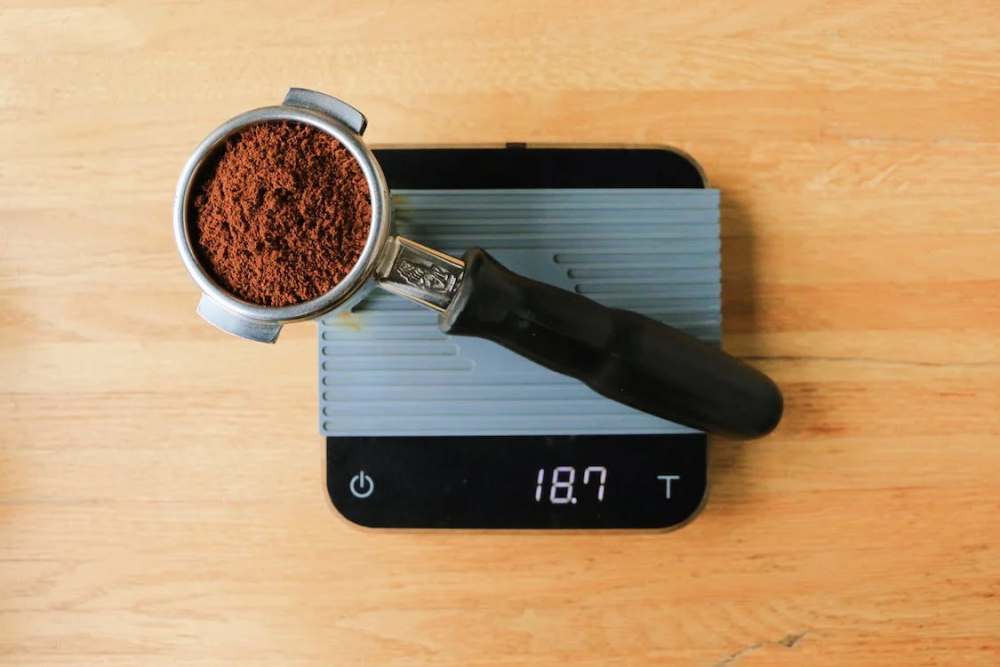In the realm of weight measurement, the debate between digital and manual scales continues to be a topic of interest for both individuals and professionals. Each type of scale comes with its own set of advantages and challenges, making the choice between them more than just a matter of preference. This article focuses on the accuracy of digital versus manual weighing scales, comparing their mechanisms, ease of use, and reliability.
How Does a Manual Weighing Scale Work?
A manual weighing scale, often referred to as a mechanical scale, operates on a straightforward principle that has stood the test of time. At the heart of its design is a simple mechanism: a spring or a system of levers and counterweights. When an object is placed on the scale’s platform, the pressure exerted causes the spring to compress or the levers to move. This physical displacement is then translated into a weight reading, typically displayed through an analog dial or needle.
The beauty of a manual scale lies in its simplicity and independence from external power sources, making it highly reliable and easy to use in various settings, from household kitchens to outdoor markets. Its mechanical nature means it doesn’t require batteries or electricity, ensuring it’s always ready for use.
However, the accuracy of manual scales can be influenced by factors such as wear and tear on the mechanical parts and the user’s ability to read the analog display precisely. Regular calibration is necessary to maintain its accuracy over time, making it a durable choice for those who value longevity and traditional functionality.
How Does a Digital Weighing Scale Work?
A digital weighing scale, a more modern counterpart to the manual scale, utilizes advanced technology to provide precise weight measurements. At its core is a system known as a strain gauge load cell, which converts the force exerted by the object’s weight into an electrical signal. When an object is placed on the scale’s platform, the deformation of the load cell causes a change in electrical resistance, which is then measured and converted into a digital readout. This process is managed by an integrated circuit within the scale, which also calibrates the measurement to display the weight in the desired unit (grams, ounces, pounds, etc.) on an LCD or LED screen.
One of the main advantages of digital scales is their ability to provide quick and accurate readings with minimal effort from the user. They often come with additional features such as tare function, which allows the user to subtract the weight of containers, and the ability to measure in multiple units. Digital scales require a power source, such as batteries or an electrical outlet, to operate. While they offer convenience and precision, their accuracy can be affected by factors like low battery levels, uneven surfaces, or extreme temperatures.
Which Weighing Scale is More Accurate?
When determining which type of weighing scale is more accurate, digital or manual, several factors come into play that can affect their accuracy. Understanding these factors can help you make a more informed choice based on your specific needs. Here are some key considerations:
- Calibration: Both types of scales require regular calibration to maintain accuracy. Digital scales can often be calibrated with the push of a button, while manual scales might require a more hands-on approach, such as adjusting a knob or screw.
- Environmental Conditions: Temperature fluctuations and humidity can affect the accuracy of both digital and manual scales. Digital scales, in particular, may be sensitive to extreme temperatures, while manual scales can rust or corrode in high humidity, affecting their mechanical parts.
- Power Source: Digital scales rely on batteries or an external power source, which can influence their accuracy. Low battery power can lead to incorrect readings. Manual scales do not have this issue since they do not require power.
- Wear and Tear: Over time, the mechanical components of manual scales can wear out, leading to less accurate readings. Similarly, digital scales can experience wear and tear on their electronic components or sensors, impacting their accuracy.
- User Error: The precision of readings can also be affected by user error. With manual scales, reading the needle’s position might lead to slight inaccuracies due to the angle of view. Digital scales, on the other hand, display the weight clearly, minimizing the risk of misinterpretation.
- Surface Level: Both types of scales need to be used on a flat, stable surface to ensure accuracy. An uneven surface can cause incorrect readings by distributing weight unevenly.
- Resolution: Digital scales typically offer a higher resolution than manual scales, meaning they can detect and display smaller weight changes. This can be particularly important in applications requiring precise measurements.
Each type of scale has its own set of advantages and limitations when it comes to accuracy. The choice between digital and manual weighing scales depends on the specific requirements of the user, including the level of precision needed, the environment in which the scale will be used, and the user’s preference for convenience versus maintenance.
Conclusion
The accuracy of digital versus manual weighing scales is influenced by a variety of factors, from calibration and environmental conditions to power sources and user error. Digital scales offer the convenience of easy calibration, high resolution, and clear readability, making them a popular choice for those requiring precise measurements. Manual scales, while not reliant on a power source and valued for their durability, may present challenges in terms of regular maintenance and the potential for user error in reading results.
Ultimately, the choice between digital and manual scales should be guided by the specific needs of the user, including the environment in which the scale will be used, the level of accuracy required, and personal preference for technology.




